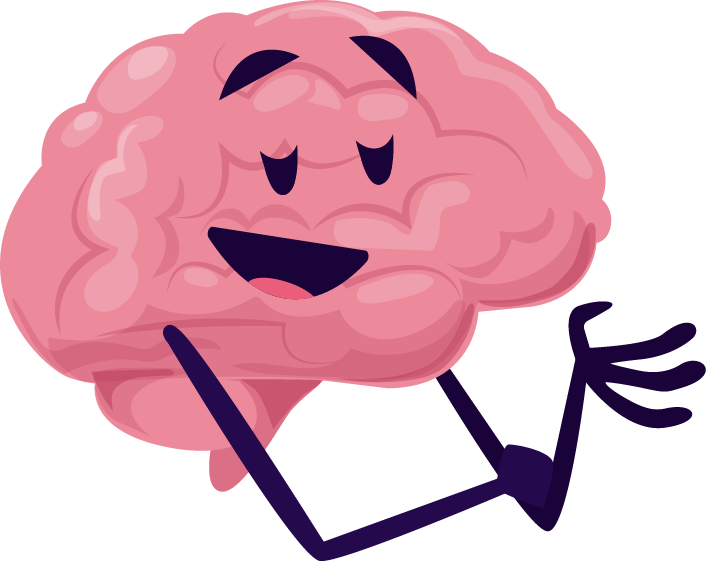Qué es el estrés y cómo eliminarlo
Para poder combatir el estrés es importante que sepamos qué es el estrés y porqué ocurre.
¿Qué es el estrés?
El ESTRÉS es la tensión derivada de situaciones agobiantes que originan reacciones psicosomáticas o trastornos psicológicos, a veces graves. Constituye una de las grandes patologías del siglo XXI, según los expertos, y si no lo trabajamos de forma adecuada provoca que el cerebro sufra.
Tipos de estrés
Los tipos de estrés son:
- SANO. Nos mantiene alerta, vivos, emocionados cuando nos dan una sorpresa o algo nos hace ilusión, con adrenalina,…
- NO SANO. Nos mantiene alerta, vivos, emocionados cuando nos dan una sorpresa o algo nos hace ilusión, con adrenalina,…
Cuanto más nos exigimos nos hablamos peor, nos castigamos, nos ponemos límites,… y, en definitiva, más daño generamos sobre este órgano y el resto del cuerpo.
El estrés lo achacamos casi siempre a situaciones externas (“estoy estresado por culpa de …”, “esta persona me estresa por …”), pero no es así. Lo generas tú y lo trasladas al cerebro, que se siente obligado a poner en marcha mecanismos de defensa para trabajarlo, mejorarlo y hasta detenerlo.


ESTRÉS NO SANO = AUTOEXIGENCIA
Mecanismos de defensa contra el estrés
Dependiendo de la situación de estrés, el cerebro activa un mecanismo u otro:
- Momentos de estrés provocados por un ACCIDENTE, un DISGUSTO, un SUSTO o un SUCESO que no esperábamos, que nos deja totalmente en shock.
Por ejemplo, cuando un alpinista se queda aislado en la montaña por condiciones climatológicas adversas. Para proteger su cuerpo y que resista el mayor tiempo posible, el cerebro acciona el “modo supervivencia”. Este órgano se inflama, lo que provoca, por un lado, que retenga grasas y líquidos por si los necesita y, por otro, que las neuronas se muevan mucho más lentas.
- Momentos de estrés originados por CIRCUNSTANCIAS NO GRAVES.
Por ejemplo, despertarnos angustiados pensando en lo que tenemos que hacer y que no nos da tiempo, divagando sobre cómo organizarnos, hablándonos mal,… El cerebro no distingue la realidad de la ficción y se siente como el del alpinista aislado en la montaña, eso sí, en este caso la neuroquímica no es la misma. Aquí se genera más cortisol y adrenalina, que nos paraliza y hasta nos bloquea:
EL CORTISOL nos afecta a la corteza prefrontal y dificulta que nos concentremos, que retengamos información,…
LA ADRENALINA nos provoca hiperventilación, taquicardia, que nos falte el oxígeno o que tengamos ansiedad.

Si el estrés de la segunda situación lo mantenemos en el tiempo, el cerebro asimila que ese es su estado natural y que es normal producir altos niveles de cortisol y adrenalina. Por eso las personas en tensión emocional no logran adelgazar, porque este órgano activa un mecanismo que le ordena acumular lo máximo posible para sentirse vivo y sano.
Técnicas para combatir y eliminar el estrés
Tenemos que proporcionar al cerebro herramientas para que entienda que esos momentos de estrés originados por circunstancias no graves no son consecuencia de estar aislado en la montaña. Más bien tienen que ver con aspectos del día a día que necesitamos controlar. Pero, ¿cómo aprender a entrenar la mente? Con TÉCNICAS NEUROFITNESS podemos enseñarle al cerebro que esa situación de tensión no es por una urgencia y que la podemos resolver porque tenemos alternativas y soluciones.
Para ayudarte con ello, nuestra experta en estrés Catalina Hoffmann ha preparado una Guía gratuita donde explica paso a paso cada una de las técnicas que te permitirán eliminar definitivamente el estrés de tu cerebro.



